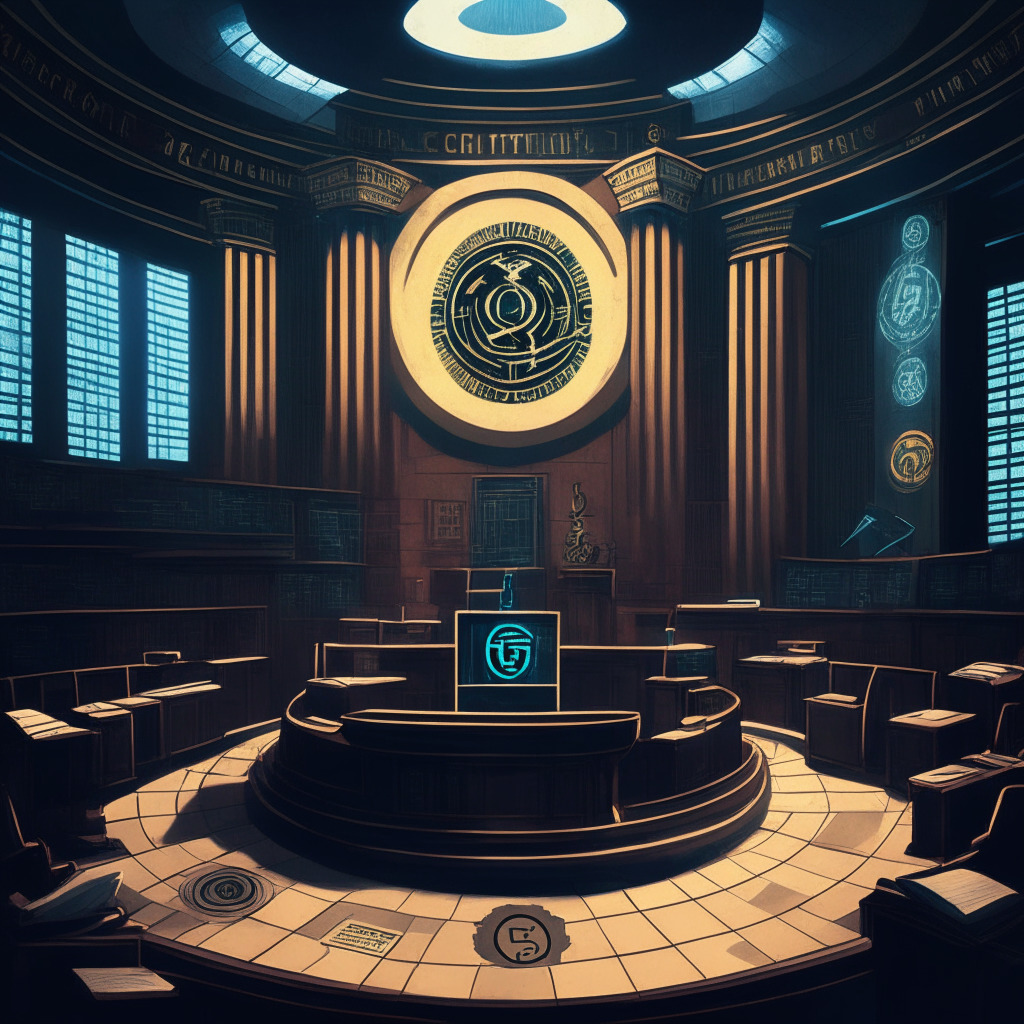As Sam Altman, OpenAI CEO and co-founder of the crypto project Worldcoin, testifies in front of the U.S. Congress for the first time, he is advocating for licenses for companies to develop artificial intelligence (AI) tools such as ChatGPT. While this could herald a new era of compliance and safety within the AI community, critics are concerned about the potential over-regulation of an innovative market.
Altman has already met with White House officials to discuss his ideas, but will now seek support from the congressional panel. Pushing for AI rules that would require companies to adhere to safety standards, he promotes the concept of testing systems before releasing and publishing results. On the other hand, some might argue that this level of oversight could stifle innovation and competition in the industry.
At the same hearing, Gary Marcus, Professor Emeritus at New York University, and Christina Montgomery, vice president and chief privacy and trust officer at IBM, will also testify. Committee Chair Richard Blumenthal asserts that AI needs rules and safeguards to address both its “immense promise and pitfalls”. As AI gains prominence and the possibility of impacting humanity on a large scale, it is evident that there is a pressing need for a balanced solution that allows innovation to thrive while ensuring safety and ethical practices.
In the crypto space, projects like The Graph, Fetch.ai, and SingularityNET have been gaining traction amid the ongoing AI revolution. These cryptocurrencies and blockchains are part of a broader movement towards integrating AI and blockchain technologies, but this integration could also be subject to regulatory scrutiny if licenses are made mandatory.
Simultaneously, Sam Altman is preparing to launch his AI-based crypto project Worldcoin, which relies on digital identification and better crypto transactions with World ID and World App. Scheduled to launch in the current quarter, this project has led to skepticism from notable Ethereum and Polygon developers regarding its success and safety aspects.
In conclusion, as the AI revolution continues to evolve and intertwine with the crypto market, the search for the right balance between regulation and innovation becomes a critical issue. While experts like Sam Altman champion licensing and requirements for AI companies, dissenting voices caution against potential over-regulation that could suffocate growth and progress in the industry. The decision made in response to Altman’s testimony could impact not only the future of AI and blockchain technology but also the very trajectory of technological progress.
Source: Coingape




